Before the title puts you off, let me quickly just say that I’m interested here in the dynamics of the performance of creativity, the manufacture of particular types of labor as currency within status hierarchies, and the interplay of these factors within current market conditions.
I know the phrase may feel like a splash of cold water, especially when we’ve grown up mainlining TED Talks, podcasts, Tumblr moodboards, watching tech make art seem easier and easier to make, and taking on the all too common mythos of people who supposedly "just decided to be artists" and then blow up overnight. But I’ve heard this line repeated many times by people who have been through, or choose to remain within, the meat grinder of the so-called creative economy, and I’ve come to find the refrain deeply clarifying, rather than harsh.
The uncomfortable reality I wish someone had broken down explicitly to me when I was 15, spamming demos to non-replies and recording mixes no one listened to is that it’s really easy to feel like that early traction leads directly to long-term viability. Like a few promising reposts on SoundCloud or a high profile co-sign or two are about to snowball into a sustainable life. But everyone has the right to create, and not everyone gets to make a living doing it. Confusing those two, thinking that having the right to self-expression guarantees you a career is how you end up bitter, broke, or both.
So walk with me, let’s map this out. If you’re wondering whether to make your creativity your career, or feeling a little off course, consider this a guided tour of the terrain. As honest as I can be, without glamor or rose-tinted filters.
Zone 1: The Spark and the Illusion.
You fall in love with music, or film, or writing, or whatever. You see someone do something that cracks your brain open and you think, “Ohhhhhhh, I want to do that. I can do that. I need to do that.”
And you probably can. Creativity isn’t rare. It’s a basic human function. You can absolutely make something beautiful, right now, even. But that spark isn’t a business plan.
When you first get really obsessed and start looking towards artists who inspire you and who are doing well it’s so easy just to assume that they’re living full-time off their art, touring, buying gear, coasting. Passion and blind optimism can sometimes make the reality of how many have day jobs, or savings, or trust funds, easy to look past.
Zone 2: The Wall: Market Logic Meets Personal Myth.
This is where the dream hits the wall. Being good isn’t enough. Being great isn’t enough. Here the question becomes: can you build infrastructure around your creativity? Do you know how to pitch yourself? Network without being cringe? Make shit people actually pay for?
And even more difficult: can you handle being ignored? Constantly misunderstood? Publicly disliked? Copied? Can you keep pushing in spite of pouring a year into a project and watch it sink into the abyss while some 22-year-old with a ring light and nice cheekbones goes viral talking about “slow living” and pushing affiliate links to ‘natural’ health products.
Our beloved algorithms and the market economy don’t really care how long you labored over that gorgeous string arrangement. They care how fast people react. And if you’re not wired for that, it is going to be exhausting trying to fake it.
Zone 3: After the Breakthrough, the Bureaucracy.
Let’s say you break through. You’ve got clients. Gigs. Maybe you’re even signed. Congrats. Now you get to spend the next decade reinventing yourself while juggling endless admin, chasing late invoices, weighing unpaid passion projects against paid compromises, and watching your peers burn out or fade away.
This isn’t a complaint. It’s just the job. Creative work is work. Not divine inspiration on tap. Not a wellness retreat. Just work. With all the stress, boredom, insecurity, and fleeting highs any job brings. There’s a zen proverb I like thats relevant here: "Before enlightenment, chop wood, carry water. After enlightenment, chop wood, carry water" Jack Kornfield gave this a bit of a contemporary spin with his book title: After the Ecstasy, the Laundry. The sentiment is important. As good (or bad, tbh) as things may get, you still have to contend with the fact that you have unavoidable material needs that you alone are responsible for.
Zone 4: The Identity Crisis.
This is the part nobody talks about. The moment where you stop and ask: Do I actually like this? Or did I just want to be someone who does this?
Social media distorts all of this. You see people posting their art, their pottery, their lush vacations and cute café laptop sessions, matcha runs etc. and it creates an illusion that they’re living full time off their creativity. But what’s missing, intentionally or not, is context. A lot of those people have full-time jobs. Corporate gigs. Residuals from past hard work. Agency retainers. Trust funds. And I’m not saying people need to disclose their salary breakdown and PTO accruals in every post, but let’s be serious: when you only show the creative output and lifestyle stuff, people can get confused about what’s actually sustaining that life.
And just so we’re clear on my position in all this: I’ve worked service jobs and weekends since before I was a teenager and through university. I’ve been lucky enough to never need to worry about where my next meal was coming from or anything like that, but I have absolutely needed to hold full-time roles my entire adult life. In all of my pursuits, I’ve just had to make it work around the clock, like most people do.
Even many of the most revered creatives and scientists in history like James Joyce, Albert Einstein, Maya Deren, William Carlos Williams, to name a real heavy handful, kept day jobs. They taught, doctored, clerked. The myth of the full-time bohemian artist is not only statistically rare; it’s also historically dishonest.
More than ever, I think, a lot of people chasing a creative career aren’t chasing the work. They’re chasing the idea of themselves as artists. The lifestyle, the aesthetics, the respect, the Raya bio. And when the work doesn’t match the fantasy, or when you have to compromise your work to keep the career alive, it can be absolutely crushing.
There’s no shame in realizing you’d rather keep art as a sanctuary than a revenue stream, it might even make you freer.
Zone 5: The Other Path.
This is where it gets interesting. The people who survive this gauntlet aren’t always the ones with the most raw talent. They’re the ones who figured out how to keep making things on their own terms. Maybe they teach. Maybe they work a day job and make art at night. Maybe they build and nurture niche communities instead of chasing mass appeal.
They understand the distinction: you don’t need a creative career to live a creative life.
This is where I find myself living right now. I still clock in, then stay up sorting demos and editing contracts in the early morning, late at night, responding to emails at the gym and taking calls in between meetings. This is just what works. And for me, it’s more sustainable than pretending this thing funds itself entirely.
A sentiment that I wish people were more comfortable expressing is: I love making music. I always will. But over time, I realized my strengths were better applied elsewhere. I slowly shifted to helping other artists shape their vision, build infrastructure, tell the right stories, and connect with people, because I found something that felt more like leverage than self-sacrifice. More impact with less burnout.
This kind of shift, toward adjacent creative work and roles that support instead of spotlight, doesn’t get talked about enough. But it’s real, important and worth naming.
There are a million ways to live a creative life and not all of them require you to be the main character, which for many of us, is actually terrific news. Because choosing not to make your art your career can mean rejecting a game you didn’t design, on terms that never served you.
We talked last time about what happens when fandom becomes infrastructure. This is the other side of that same tension. This is what it means to try to build a life inside of, contending with, those distorted conditions.
The people who do make it through are often the people who found some other type of unique advantage, defined their own terrain, and were unapologetically relentless.
You don’t need a following to make something meaningful and you don’t need a spotlight to be an artist. However, if you do want to play this game, learn the terrain and stop waiting for someone to hand you permission, because no one ever will.
Stay curious, stay stubborn, and stay hungry in the ways that matter.
Jozef White is a strategist, consultant, and freelance philosopher working across music, technology, and culture. He is the founder of The Tabula Rasa Record Company, Maison Blanc, and Inscripta, and works with artists, labels, startups, and other organizations on their creative direction and product strategy.
Find him on LinkedIn and Instagram, or get in touch via email to discuss projects, collaborations, or consulting opportunities. Visit tabularasarecords.com to learn more about Tabula Rasa.


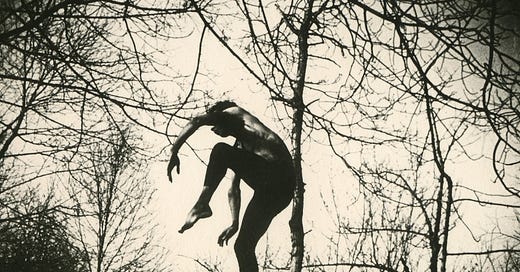


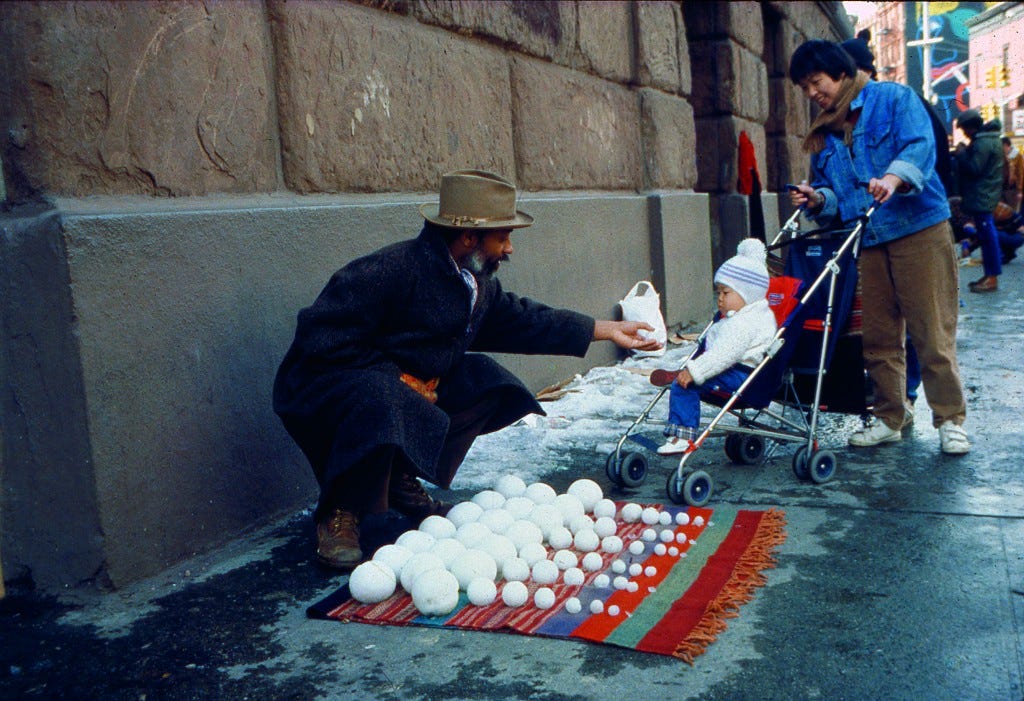
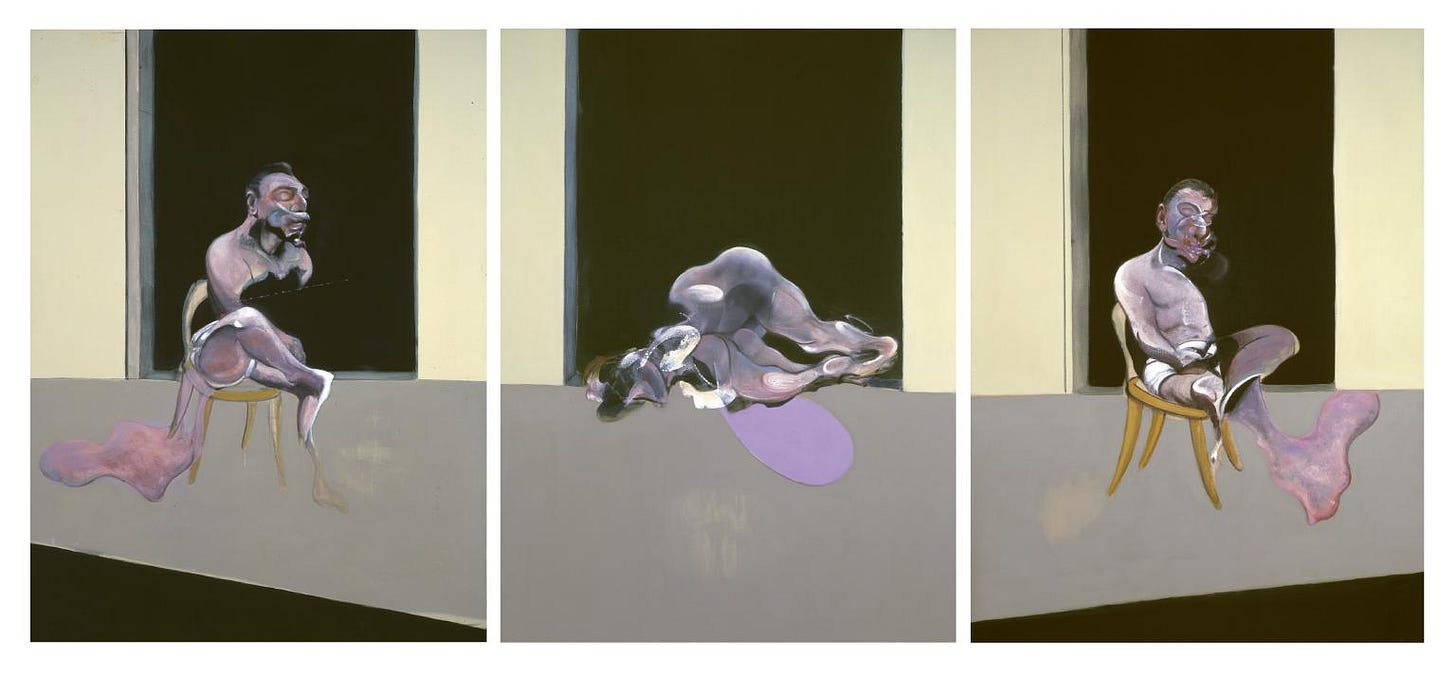
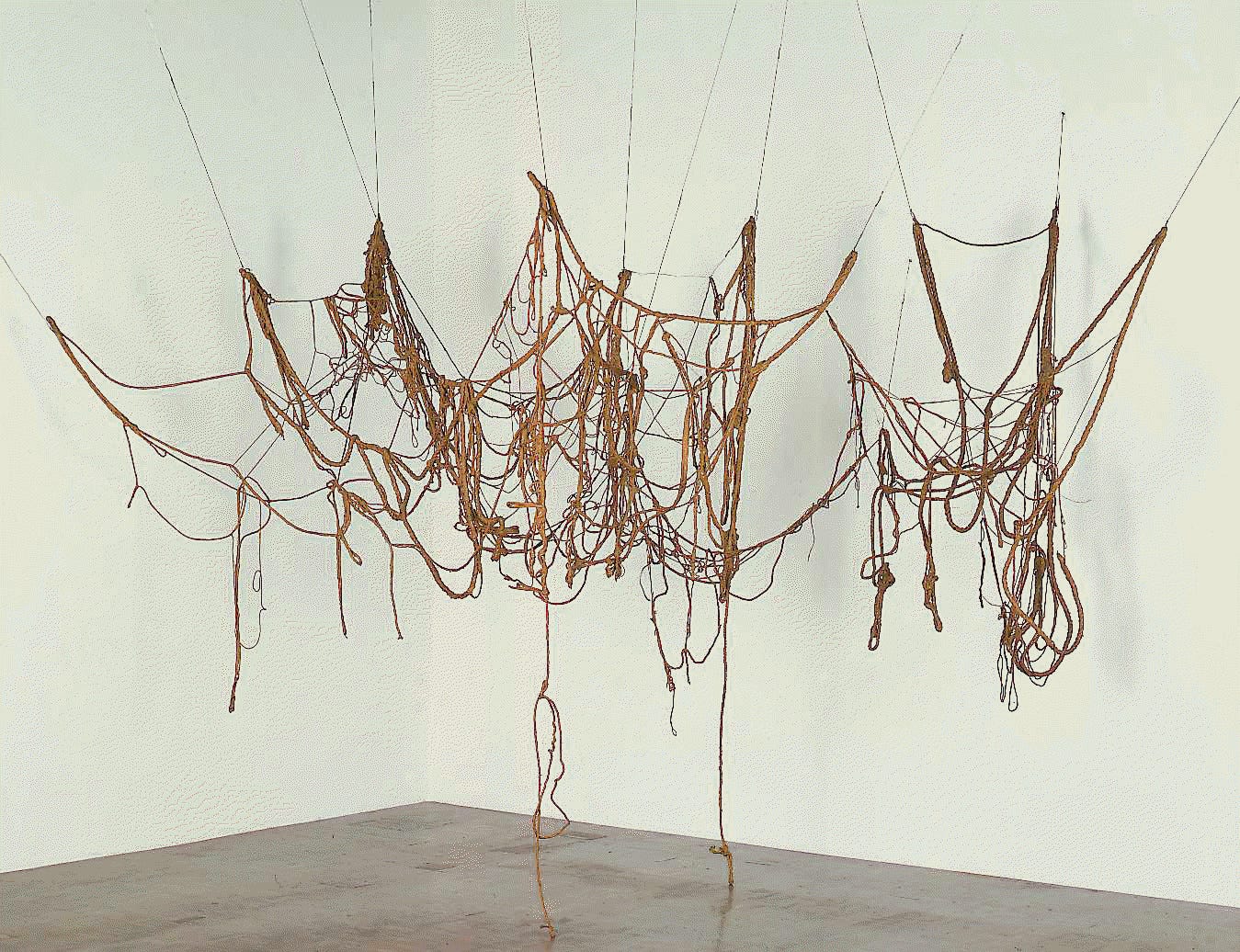

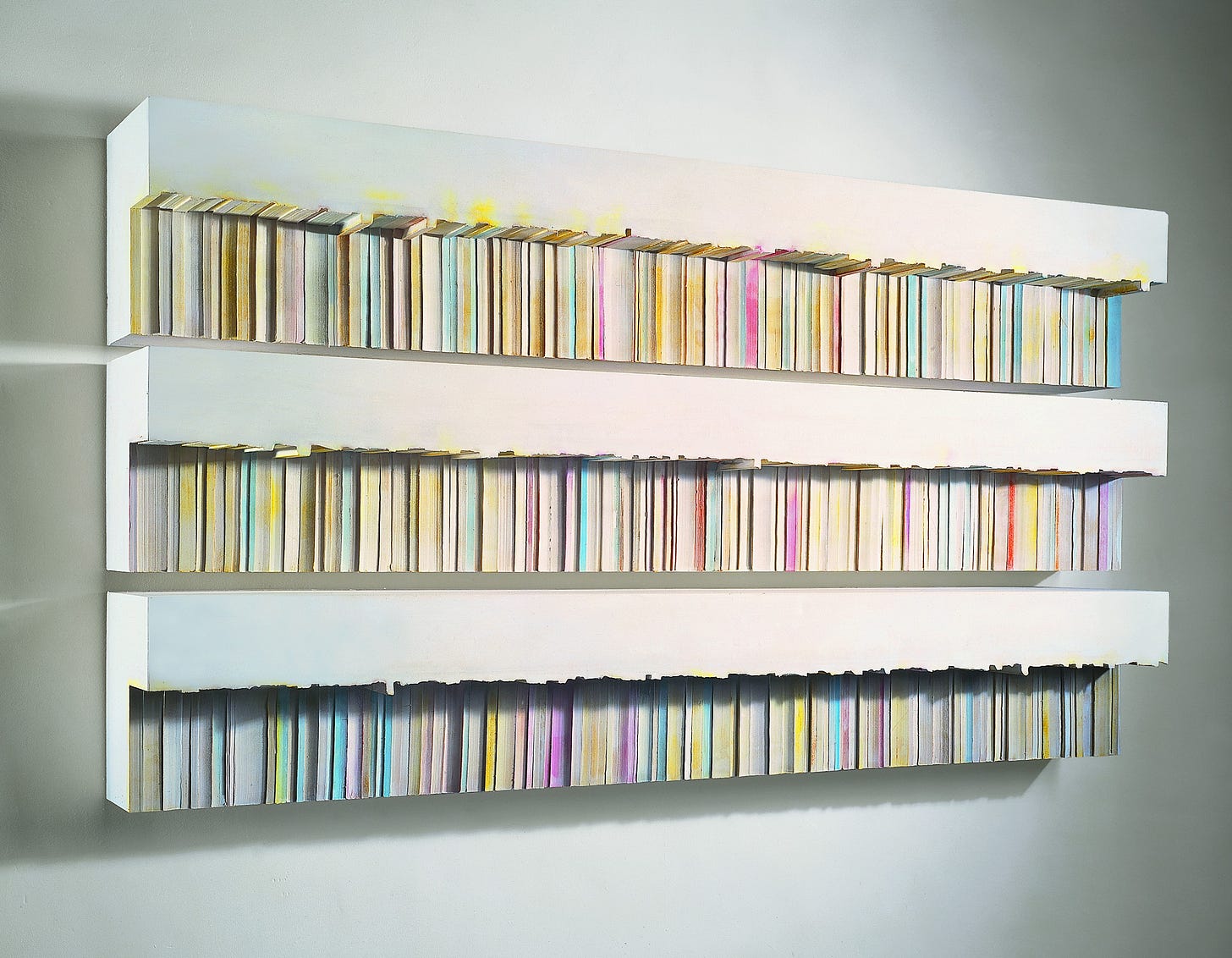
Can't tell you how many downvotes and dirty looks I've gotten for saying something along these lines. Just because you build it doesn't mean they'll come. The thing nobody tells you is that doing In most cases, "quit your job and follow your passion" is terrible advice and that when your hobby becomes your job, your relationship to it changes and you have to make concessions and compromises you wouldn't otherwise to be able to remain doing it.
Well said. I’m fairly sure I would have been miserable if I’d tried to make a living from music, but I’m very contented with being a musician who doesn’t do it for money or fame. A friend recently asked me what genre of music I make, and the best reply I could think of was “music that I, myself, like”. Which is, I think, the best definition of creation being its own reward.